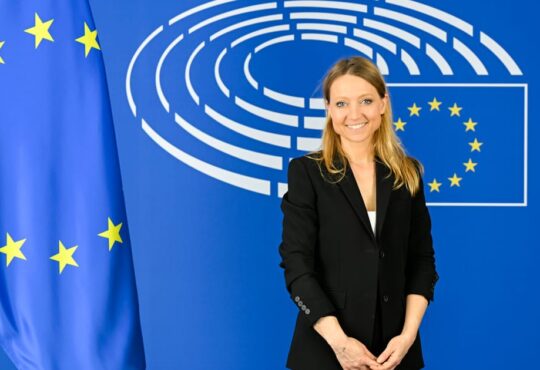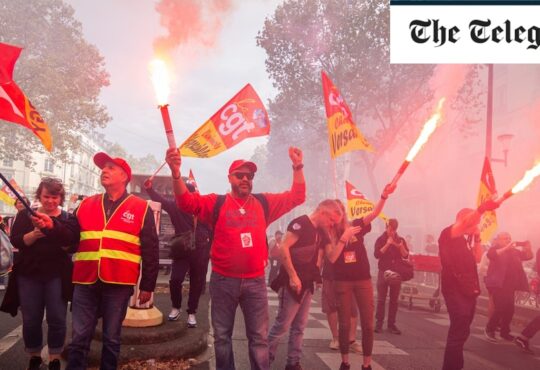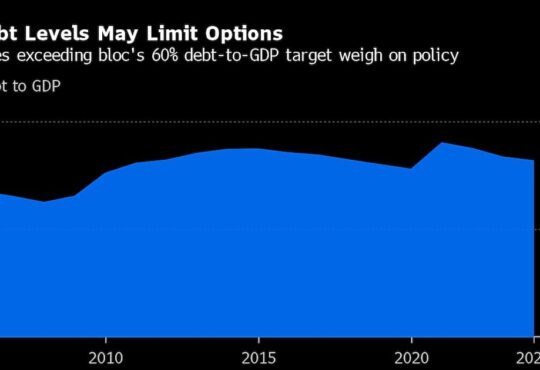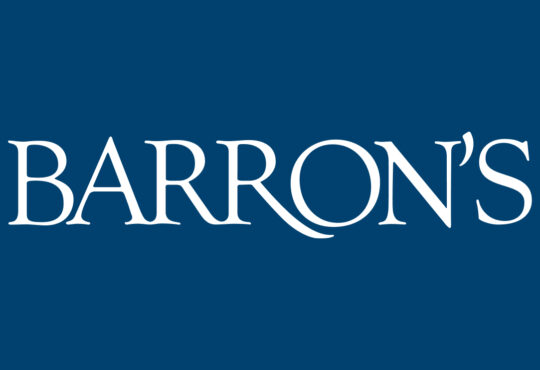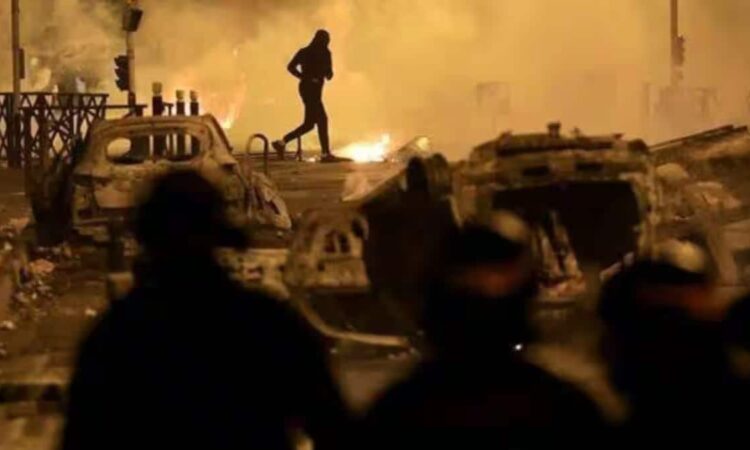
By Harsh V Pant
It may be quieter now but the fires that burned France for the past few days have been simmering for years. It is a dangerous situation, one that can explode anytime.
Every few years, we have seen similar scenes on French streets, with similar arguments repeated by various parties to the conflict. But once the immediate crisis subsides, there is no attempt at finding a sustainable solution to the many problems that are well understood but not remedied. The challenge to the French state and society is a serious one, but the political leadership has continued to evade tough choices.
This time it all commenced last week, when a French police officer shot dead Nahel Merzouk, a 17-year-old teenager of Algerian and Moroccan descent, during a traffic stop in the Paris suburb of Nanterre. Deadly riots ensued as multiple suburbs were engulfed with violence that also reached city centres as buildings and property were set on fire by the mob. Looters and arsonists had a field day as they used the crisis to stoke further disaffection.
This was the most serious social disorder that France has witnessed since 2005 when the accidental deaths of two teenager being pursued by the police brought ethnic minorities to the streets.
Policing in France has been under a scanner for quite some time. The recent killing was not an isolated incident but was the third during a traffic police stop this year, with the number for last year being 13. Most of the victims are of Black or Arab origin, strengthening the perception that the French police is systemically racist—an aspect highlighted by the UN as well.
In its most recent report (released last year), the Council of Europe’s European Commission against Racism and Intolerance also underlined the very slow progress by French law enforcement officers on curtailing the use of ethnic profiling.
For the French president, Emmanuel Macron, this is a serious problem as his administration has been plagued by a series of protests over the last many months. Civil unrest over his much vaunted pension reforms had hardly died down when the ethnic minority crisis erupted. Macron not only had to leave the meeting of EU leaders on the Ukraine situation last week midway but also had to cancel his state visit to Germany this week.
His domestic problems are increasingly casting a shadow on France’s global standing at a time when Macron is seeking to elevate his nation’s global positioning and with Paris about to hold Olympics next year.
At home, he is being hounded by both the Left and the Right. Where the Left wants Macron to address the root causes of disenchantment among the marginalised and minorities, the Right looks at it as a law and order problem that needs stronger state response.
Interestingly, Zartoshte Bakhtiari who is the mayor of Neuilly-sur-Marne, one of the most deprived areas in France has called for “more toughness” from the state, even suggesting that the local city police be allowed to use drones to monitoring.
Macron himself has blamed the “inflammatory material” on social media platforms such as Snapchat and TikTok of playing a “considerable role” in fueling copycat acts of violence. Unlike Jacques Chirac in 2005, he did not announce a state of emergency. But even with more than 40,000 police officers deployed, the riots took a long time to get under control.
At the moment, the situation seems to have come under control, but the issues of discrimination and injustice faced by ethnic minorities continue to bubble under the surface.
Institutional change is nowhere in the offing, with the French polity polarised on the best way to tackle this socio-economic divide and its rather divisive consequences. The latest crisis will only aggravate this divide between communities in France with a strong likelihood of a backlash against the minorities.
Across Europe, sentiments against immigrants are turning negative with far-right parties making gains.
In Germany, the far-right Alternative für Deutschland (AfD) won a district council election recently for the first time. The AfD has been campaigning on the anti-immigration issue, managing to enter the German parliament for the first time in 2017.
Since then, its national vote share has continued to rise steadily, generating concern among German political parties. In France, the recent riots have been used by the far-right leader, Marine Le Pen, to target Macron.
Accusing the government of fomenting lawlessness, she berated the government as “a power that abandons all constitutional principles for fear of riots, which contributes to aggravating them”, underling, “our country is getting worse and worse and the French are paying the terrible price for this cowardice and these compromises.”
From Austria to Italy, Greece to Sweden, far-right parties are on the march in Europe as identity issues become complicated and traditional values are seen as under attack.
With mainstream political parties having no good answers and speaking in a language that most people don’t seem to be able to relate to, the supposed clarity of the far right may seem appealing. Lack of leadership at a time when economic challenges are mounting has given greater leverage to far-right political entities. Anti-immigrant sentiment is one of the most visible manifestations of this trend. Recent episode of the burning of Quran in Sweden, new laws to tackle immigration in the UK and rioting on the streets of France—all are symptomatic of a wider malaise in Europe that are likely to have serious long term consequences.
The author is Vice president (studies and foreign policy), Observer Research Foundation

